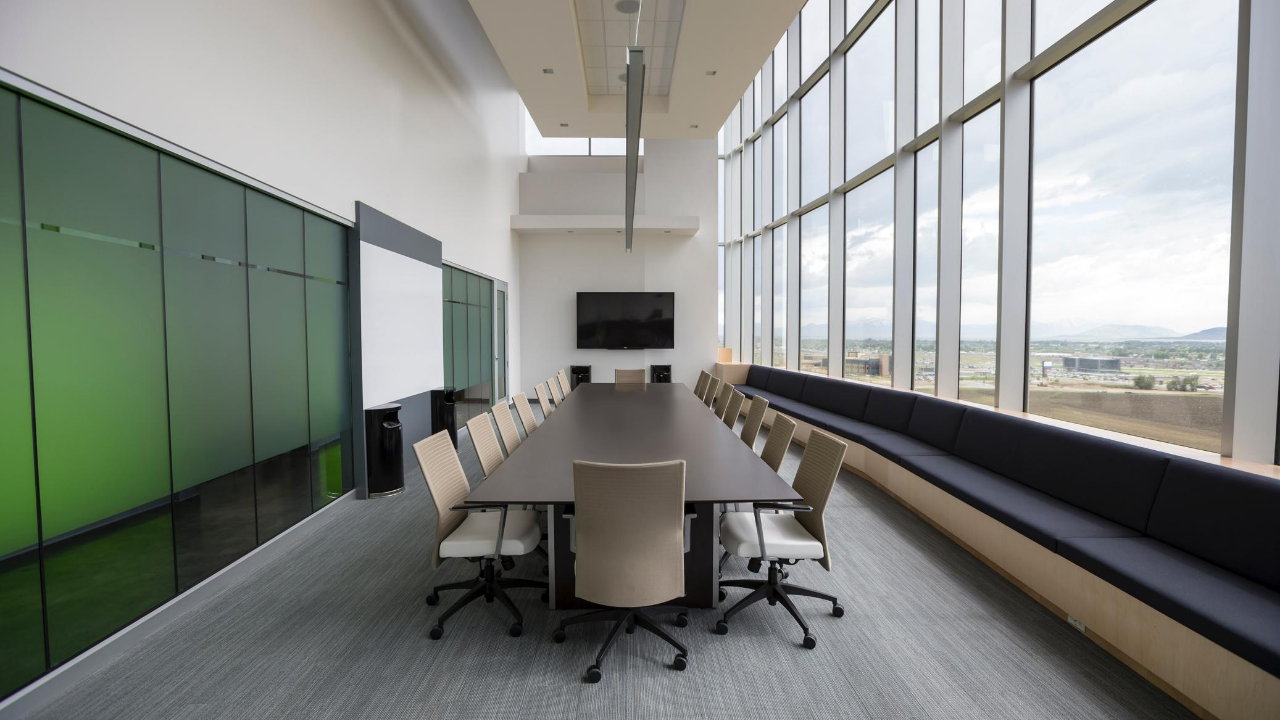Discussions about the future of work have revolved around how businesses will configure their workspaces in a post-pandemic world.
According to JLL India, the country is the second largest market in the Asia-Pacific region and prior to pandemic, the market was seeing a 25% to 30% growth. Now, in the wake of ongoing lockdowns, companies must rethink how their workspaces can accommodate physical distancing needs.
For now, several organizations are accomplishing this by keeping their employees in remote working positions to reduce exposure. For instance, Google and Facebook announced it would allow employees to work from home until the end of the year.
While it appears that remote working will be the long-term solution, employees have expressed issues with the lack of infrastructure and tools they have to work from home. This includes slow internet, lack of workplace amenities and more.
Additionally, many remote employees have experienced mental health issues attributed to long periods of isolation and burnout from not knowing when to switch off work mode.
This has led some companies to explore the option of adopting flexible workspaces to provide employees with a physical workspace with the necessary work amenities, while still managing to keep them safe and healthy. Many of these workspaces are reconfiguring their offices to emphasize the importance of distancing and sanitation, while providing the perks of flexible leases and a sense of community that can be difficult to replicate virtually.

 Dr. Gleb Tsipursky – The Office Whisperer
Dr. Gleb Tsipursky – The Office Whisperer Cat Johnson – Coworking Marketing Maven
Cat Johnson – Coworking Marketing Maven Angela Howard – Culture Expert
Angela Howard – Culture Expert Drew Jones – Design & Innovation
Drew Jones – Design & Innovation Andrea Pirrotti-Dranchak – Competitive Advantage
Andrea Pirrotti-Dranchak – Competitive Advantage Jonathan Price – CRE & Flex Expert
Jonathan Price – CRE & Flex Expert Jeremy Fennema – Tech Innovation Alchemist
Jeremy Fennema – Tech Innovation Alchemist







